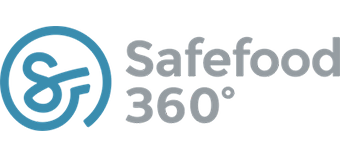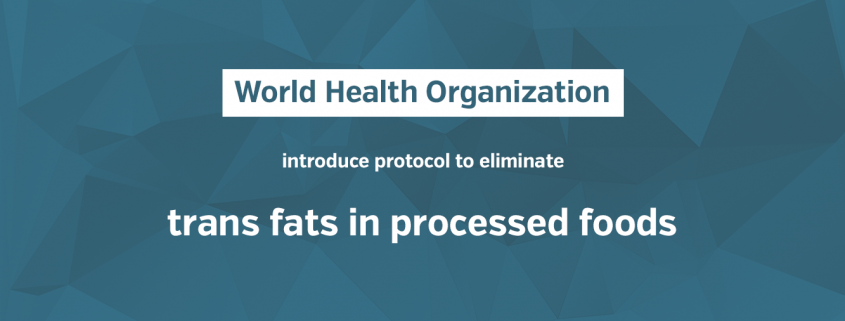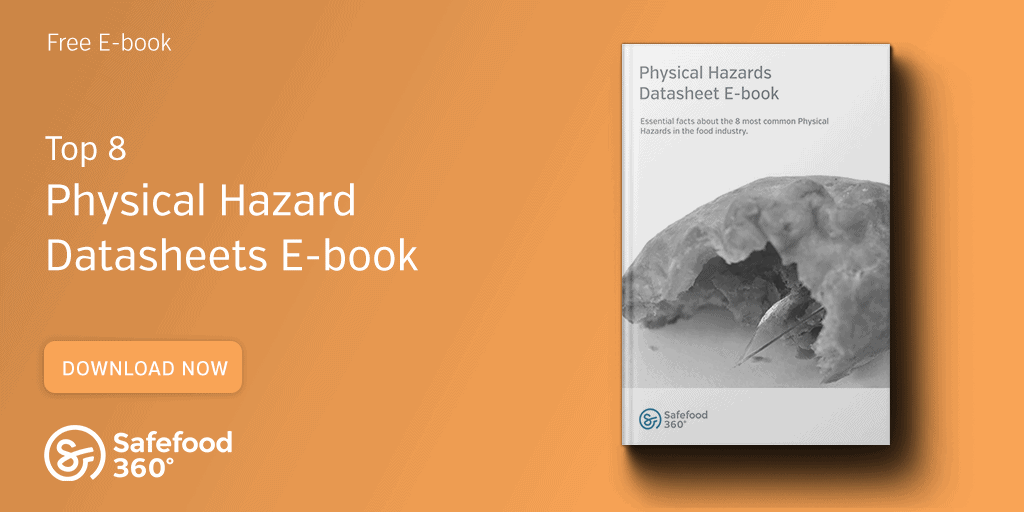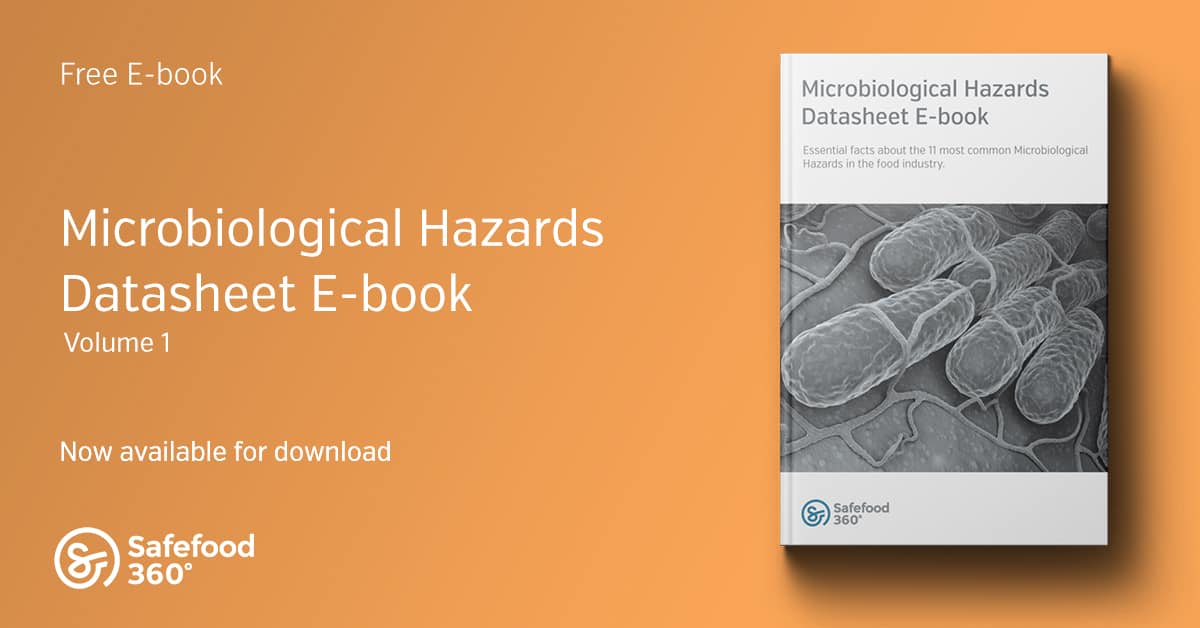January 2021 Food Safety News and Industry Round-up
The year began with a reassessment of priorities from the FDA and new goals and objectives set from the European Union.
While the UK has taken significant measures on its own exerting its post-Brexit autonomy, the EU drives closer links with China to create a safer infant food supply chain.
All these and more are contained in the January Industry Round-up with sources for further information below.
FDA Update
FDA extends comment period while amending its proposed food traceability rule
The FDA has extended the deadline for comments on the proposed food traceability rule until February 22, 2021.
The extension provides extra time to understand the rule following the removal of vague terms in its Food Traceability List and the publication of an FAQ to provide enhanced clarity.
Access the Food Traceability List
EU updates
EU and China join together for a safer infant food supply chain
The European Union has launched a new project in collaboration with China to improve food safety for infants.
The Safe Food for Infants in the EU and China (SAFFI) project will bring together academics, authorities, private manufacturers, and technology providers until 2024 to develop a new approach to enhancing identification, assessment, detection, and mitigation of safety risks in the infant food chain shared between China and the EU.
The initiative hopes to create an evidence and decision-based support system to enhance controls along the supply chain with the resulting databases, tools, and procedures to be shared, validated, benchmarked, linked, and harmonized between China and the EU.
EU developing crisis plan with industry
The European Commission is to establish a permanent forum for member states to collaborate with supply chain stakeholders to develop new ways to improve collaboration, monitoring, and responses to crises affecting the supply chain.
The move follows recognition from the stakeholders that the temporary allowance of remote measures to maintain compliance and oversight during the pandemic has been effective and welcomed.
EFSA approves first insects as safe to eat
The European Food Safety Authority has approved yellow mealworms as the first insect to be safe for consumption by humans.
While the approval does not mean they are soon to enter the market, the acceptance by EFSA recognises a significant step into the potential commercialisation of insects as a source of protein in Europe.
USA GAO recommends EPA track use of pesticides affecting farmworkers
The Government Accountability Office in the USA has recommended that farm labourers must receive better information on how to protect themselves from pesticides.
In a 34-page report delivered to the US congress, the GAO has made two recommendations that the EPA
WHO introduces a protocol to eliminate trans fats in processed foods
The World Health Organization has released a protocol for measuring trans fats in food.
The new approach covers collection sampling, storage, methodologies, calculations, and control criteria.
The introduction of this new protocol means countries can now benchmark TFA levels in foods and track compliance with national policies.
These changes are intended to assist the WHO in its ambition to eliminate TFA from the global food supply by 2023 as part of its 13th General Programme of Work.
More on the Thirteenth General Programme of Work 2019-2023
Plans for UK food safety framework post-Brexit
The UK Common Framework Scrutiny Committee has made three recommendations to the UK Food Standards Agency about what the long-term framework for UK food safety should be now that Brexit has occurred.
These recommendations included a commitment to publish an annual review and report, that the FSA should acknowledge and assess the divergence between Northern Ireland and Great Britain and its associated costs for businesses, and finally that it should be clear when powers resting with the UK Internal Market Act can be used to provide exemptions from market access where the EU law previously gave flexibility.
The proposal is now with the Environment, Food and Rural Affairs Committee who have recently held a call for evidence to support it.
UK Defra authorize emergency use of neonicotinoid
The UK Department of Environment, Food & Rural Affairs has temporarily authorized the use of products containing neonicotinoid to treat this year’s sugar beet.
The move comes in response to some growers having reported yield losses of up to 80 percent and comes with strict conditions for both its application and what can be grown on the land after its use.








Leave a Reply
Want to join the discussion?Feel free to contribute!